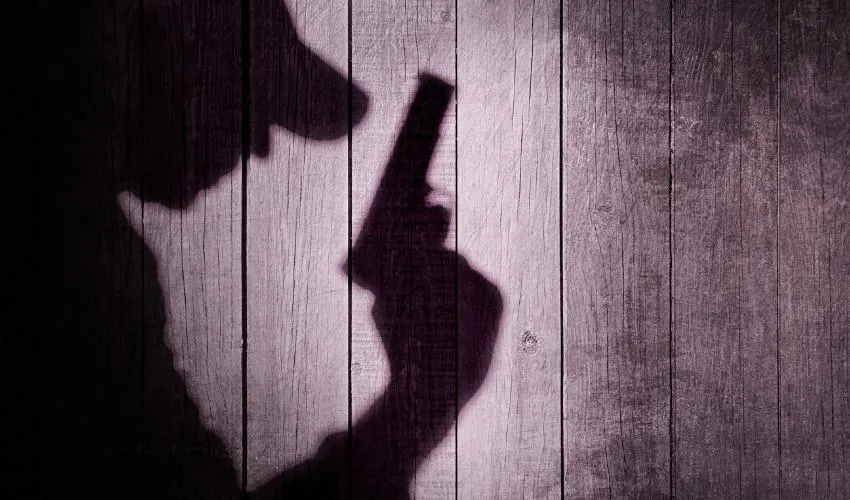
Exposure to Images of Mafia Violence Increases Trust in the State
The number of homicides in Italy today is one-third of those twenty years ago, yet Italians believe they have increased by 26.6%, with a 17.3% rise in mafia-related murders. Moreover, when exposed to images of mafia violence from newspapers, Italians do not tend to lose trust in the state, as studies in other countries would suggest. Instead, they tend to have more trust in institutions and offer a more positive judgment of their quality and performance.
Gianmarco Daniele and Paolo Pinotti from the CLEAN Unit for the Economic Analysis of Crime at Bocconi observe these behaviors through an experimental study of 5,374 individuals residing in Italy, conducted with Gian Maria Campedelli and Andrea Martinangeli, published in the Journal of Public Economics.
Participants first answered questions about homicide trends and were then randomly divided into different groups. All were shown the same media images of criminal violence, sometimes attributed to mafia activities, other times to common crime. In some cases, before proceeding to the final phase of the experiment, the real trend of homicides in Italy was revealed. Finally, all participants answered questions about trust in institutions, the perceived quality of their performance, and other topics such as trust in the judicial system, social trust, or preferences for public safety. To further verify trust in state institutions, participants were also asked to split a donation of one euro at will between two COVID funds, managed by a Ministry and an NGO, respectively.
The surprising result is that exposure to media images of violence attributed to the mafia improves confidence in institutions and opinions about their performance, rather than reducing it. "The share donated to a Ministry instead of an NGO, for example, increases by about 10%," said Gianmarco Daniele, "while trust in the judicial system, which should combat the phenomenon, remains unchanged."
Providing real data on the spread of homicides has no effect. "Respondents seem to be much more sensitive to interventions focusing their attention on organized crime than to factual information on trends in different types of homicides," said Paolo Pinotti.
The authors question why their study produces such different results from previous ones. One reason may be that they measure the change in opinion generated by media exposure to organized violence, not by direct experience of such violence or the generic perception of insecurity, as previous studies have done.
As happened, and to a greater extent, in the United States after 9/11, media exposure to violence seems to generate a cohesion and support effect for authority, known as "rally around the flag".
The effect is stronger among individuals who, over the course of their lives, have experienced mafia violence, highlighting the surprising lack of a perception of state responsibility for the results (assessed as poor) in the fight against crime.
"Our experimental results suggest that governments could leverage narratives of mafia violence to gain greater legitimacy in the fight against crime," concluded the authors.
Gian Maria Campedelli, Gianmarco Daniele, Andrea F.M. Martinangeli, Paolo Pinotti. "Organized Crime, Violence, and Support for the State." Journal of Public Economics, Volume 228, December 2023, 105029. DOI: https://doi.org/10.1016/j.jpubeco.2023.105029.